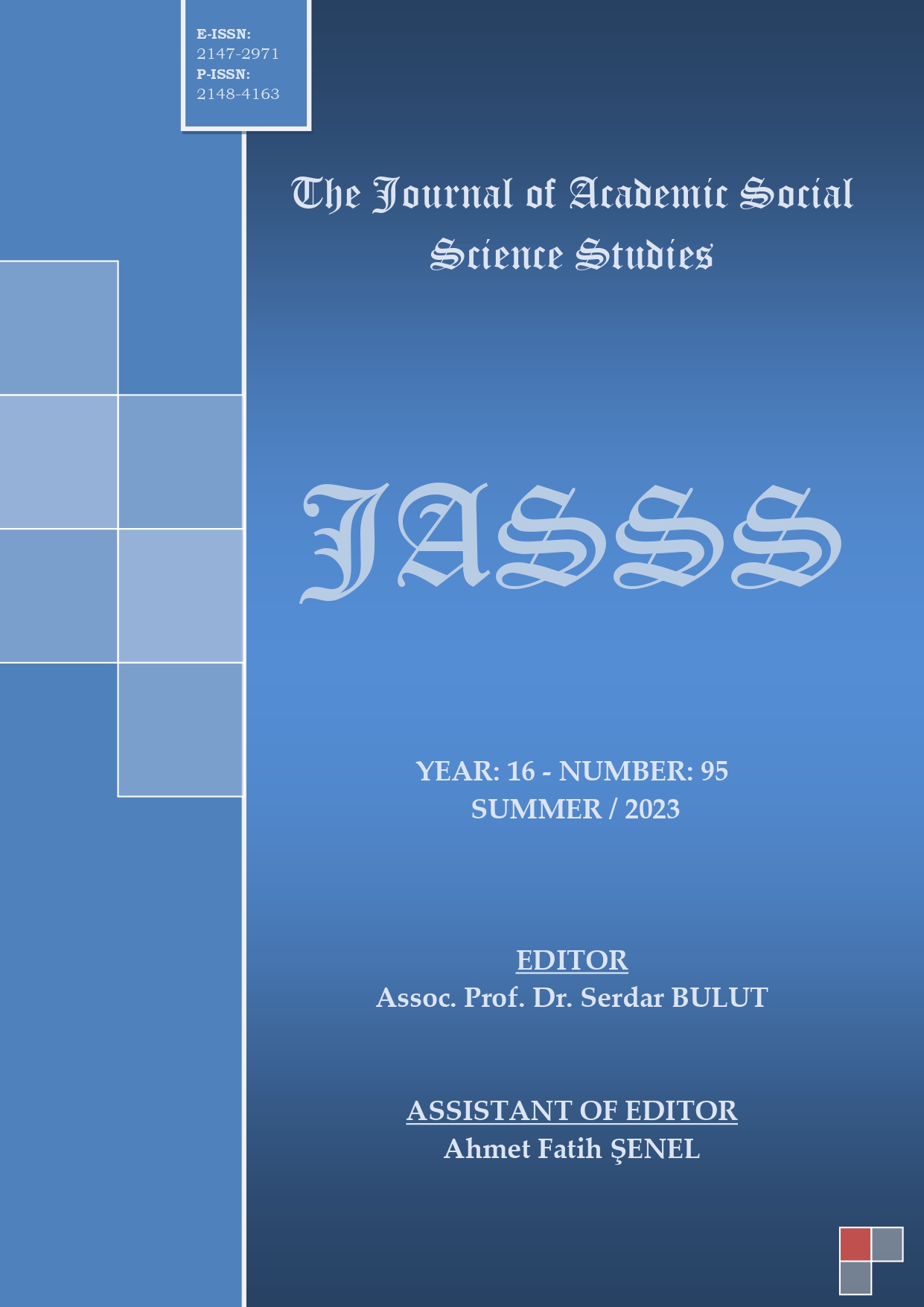Author :
Abstract
Ebû Firâs el-Hamdânî 320/932 yılında Musul’da doğmuştur. Abbasiler döneminin önde gelen şairlerinden biridir. Arapların en ünlü şairlerinden olup aynı zamanda Hamdâniler arasındaki en büyük şairdir. Büyük âlimlerin, önde gelen şairlerin ve kâtiplerin yaşadığı bir dönemde amcasının oğlu olan Seyfüddevle gibi ilim ve sanat hâmisi bir emirin himayesinde yetişmiştir. Şiirlerinde sade, samimi ve açık ifadeler kullanmıştır. Kendisinden sonra yetişen Büveyhi veziri, edip ve şair olan Sâhib b. Abbâd, İmruu’l-Kays ve Ebû Firâs’ı kastederek “Şiir bir melikle başladı, bir başka melikle sona erdi.” demiştir. Şiirlerinde ailesinin asaletini ve savaşlarda gösterdiği başarıları görkemli bir şekilde anlatmıştır. Ayrıca kendisini ve hamisi olan Seyfüddevle’yi övdüğü klasik türde kasideler yazmıştır. Asıl şöhreti, Bizans’taki esareti sırasında kaleme aldığı ve günü gününe tutulmuş hatıraları mahiyetindeki şiirlerinin önemli bir bölümünü teşkil eden “Rûmiyyât”ından gelir. Genel olarak şiirlerinde öne çıkan temalar kardeşlik, aşk, övünme, tasvir, ağıt ve esarettir. Bu konuları şiirlerinde aşırı süslü ve sanatlı terkipler kullanmadan, sade ve anlaşılır bir şekilde dile getirmiştir. Çoğunlukla duygusal bir şairdir. Yaşadığı sıkıntılar, şiirlerinde duygusallığın baskın olmasında ve şiirlerinde tatlı lafızlar ve anlaşılır ifadelerin hassas bir mükemmellikle dökülmesinde en büyük etkiye sahiptir. Bu çalışmada vatanına, ailesine, dostlarına ve hürriyete duyduğu özlemi etkili bir şekilde dile getiren Ebû Firâs’ın şiirlerinde işlediği temalar çeşitli örnekler sunularak incelenmiştir.
Keywords
Abstract
In this study, the themes that Abu Firas handled in her poems, were examined by presenting various examples. Abu Firas al-Hamdani was born in Mosul in 320/932. He is one of the leading poets of the Abbasid period. He is one of the most famous poets of the Arabs and also the greatest poet among the Hamdanis. At a time when great scholars, prominent poets and scribes lived, he was brought up under the auspices of an amir like Seyfüddevle, who was the son of his uncle, who was the patron of science and art. He used simple, sincere and clear expressions in his poems. The Buveyhi vizier who grew up after him, the literary and poet Sâhib b. Abbad, referring to Imru'l-Qays and Abu Firas, "Poetry started with one king and ended with another king." he said. In his poems, he splendidly described the nobility of his family and his successes in wars. He also wrote classical eulogies in which he praised himself and his patron Seyfüddevle. His real fame comes from her "Rûmiyyât", which he wrote during her captivity in Byzantium and which constitutes an important part of his poems, which are his daily memories. In these poems, he effectively expressed a captive's longing for his homeland, family, friends and freedom. In general, the prominent themes in his poems are brotherhood, love, boasting, depiction, lamentation and bondage. He expressed these subjects in a simple and understandable way without using overly ornate and artistic compositions in his poems. He is mostly a sentimental poet. The hardships he experienced have the greatest effect on the emotional dominance of his poems and the sweet words and comprehensible expressions in his poems that are poured with delicate perfection.





